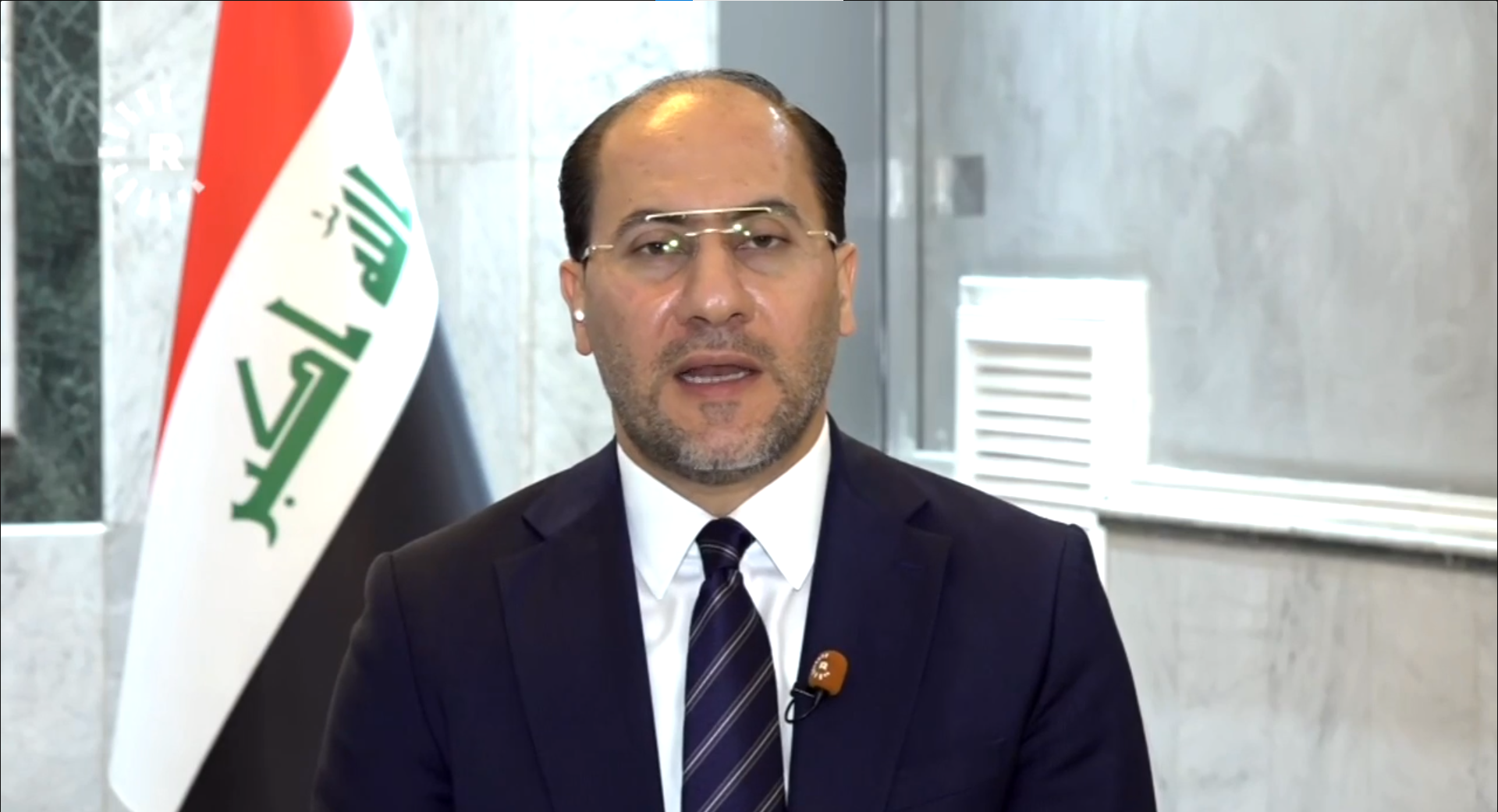
Kurdistan Region President Nechirvan Barzani (right) met with Turkish Foreign Minister Hakan Fidan in Erbil on August 24, 2023. Photo: Turkish MFA/X
ERBIL, Kurdistan Region - Kurdistan Region President Nechirvan Barzani on Thursday received Hakan Fidan, Turkey’s foreign minister, in the Kurdish capital of Erbil, discussing bilateral ties and ways to enhance joint cooperation.
The Turkish foreign minister arrived in Erbil earlier in the day and was received by the Region’s interior minister and other officials, in his first visit to Iraq and the Kurdistan Region since assuming his new role.
President Barzani said that Turkey and the Kurdistan Region are bound together through shared economic and security interests, and expressed his gratitude for Ankara’s assistance and support to Erbil “across all sectors and especially during hard times,” according to a statement from his office.
Fidan stressed that relations with Erbil and Baghdad are of great significance to Ankara, thanking President Barzani for his role in boosting those ties.
The Turkish foreign minister “praised the security and stability of Erbil and the Kurdistan Region, and expressed his countries willingness to expand relations and joint coopetition in all fields,” the statement added.
Resuming the Kurdistan Region’s oil exports through Turkey’s Ceyhan port, Erbil-Baghdad outstanding issues, and the overall situation in the region were also among the topics discussed during the meeting between the Kurdish President and the Turkish top diplomat.
Fidan also met with Prime Minister Masrour Barzani and the two delivered speeches following their meeting, reiterating Erbil and Ankara’s commitment to one another. He is also set to meet with a top delegation of the Kurdistan Islamic Union (KIU) later in the day.
Fidan arrived in Baghdad on Tuesday and held talks with Iraqi Prime Minister Mohammed Shia’ al-Sudani, Foreign Minister Fuad Hussein, President Abdul Latif Rashid, and other officials.
Turkey stopped the flow of Kurdish oil through the Iraq-Turkey pipeline after a Paris arbitration court ruling on March 23 ruled in favor of Baghdad against Ankara, saying the latter had breached a 1973 pipeline agreement and allowed the Kurdistan Region to begin independent oil exports in 2014.
Dilshad Shahab, Kurdistan Region Presidency spokesperson, told Rudaw that the suspension of the Region's oil export has caused a "great harm" to the Kurdish, Iraqi and Turkish governments.
"We discussed this topic thoroughly and the subject will be discussed in the future meetings as well."
He also said that President Barzani thanked Turkey for helping the Region connecting with the rest of the world.
Erbil and Baghdad signed an agreement to resume the Region’s exports in April, but there is still no oil flowing through the pipeline to Turkey over four months later, as Ankara claims to be inspecting the port tubes that might have been damaged following February’s earthquake.
“There is a deep technical discussion that took place on this issue, and there is a specialized committee looking into this issue,” Ahmed al-Sahaf, Iraqi foreign ministry’s spokesperson, told Rudaw on Thursday about the resumption of oil exports.
Iraq’s Iraqi Oil Minister Hayyan Abdul Ghani and Turkish Energy and Natural Resources Minister Alparslan Bayraktar met in Ankara on Tuesday to discuss the resumption of oil exports. “During the recent visit of the Minister of Oil to Ankara this issue was discussed in detail with the concerned authorities there, and we believe that a clear path promotes the rights of Iraq,” Sahaf said.

Bayraktar also attended the meeting between Fidan and Prime Minister Masrour Barzani in Erbil later on Thursday.
Updated at 6:53pm







Comments
Rudaw moderates all comments submitted on our website. We welcome comments which are relevant to the article and encourage further discussion about the issues that matter to you. We also welcome constructive criticism about Rudaw.
To be approved for publication, however, your comments must meet our community guidelines.
We will not tolerate the following: profanity, threats, personal attacks, vulgarity, abuse (such as sexism, racism, homophobia or xenophobia), or commercial or personal promotion.
Comments that do not meet our guidelines will be rejected. Comments are not edited – they are either approved or rejected.
Post a comment